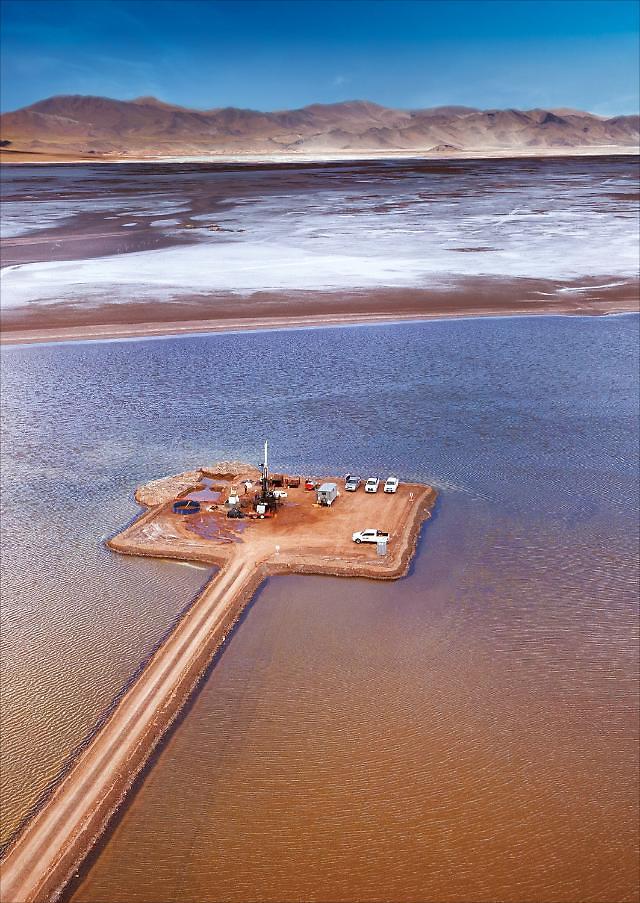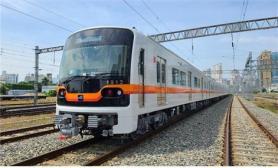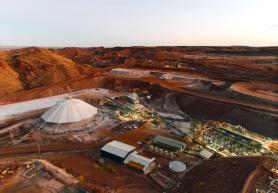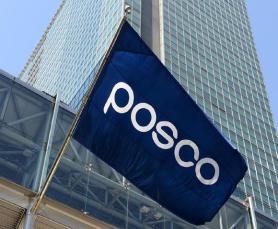
[Courtesy of POSCO]
Lithium production is divided into two processes known as the "upstream process" and the "downstream process." The upstream process refers to the extraction of lithium ore. The minerals are then refined to extract lithium. During the downstream processing stage, lithium is purified to increase its purity and undergoes various chemical or physical methods to transform it into the desired form.
POSCO Holding said that the company broke the ground for a lithium downstream processing plant with an annual capacity of 25,000 tons of lithium hydroxide, the core material for lithium-ion batteries, in Yulchon some 300 kilometers (186 miles) south of Seoul on June 13. The plant will be able to process enough lithium to build some 600,000 electric vehicles (EVs) per year.
A total of 575 billion won ($451.5 million) will be injected into the plant scheduled for operation in 2025. POSCO-Pilbara Lithium Solution, the lithium-processing subsidiary of POSCO, will be in charge of the funding, construction, and operation of the lithium processing plant.
The Yulchon plant is part of POSCO's big picture that was unveiled in October 2022 when the company revealed that it would build an upstream processing plant in Argentina that would produce lithium carbonate using materials mined from an Argentinian salt lake that was acquired in 2018. The Argentinian plant will have an annual capacity of 25,000 tons of saltwater lithium.
"We will beef up our global competitiveness in raw materials including lithium and push for the localization of components so that we can contribute to the development of related domestic industries," POSCO CEO Choi Jung-woo said in a statement.
Copyright ⓒ Aju Press All rights reserved.




